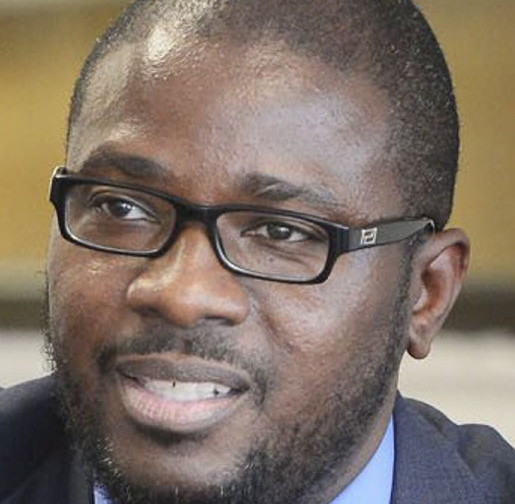Portland school officials wouldn’t answer questions from the school board Tuesday night about key elements of a new virtual instruction program being offered this fall, including whether it would be limited to certain students and whether current district students could switch to an online option for some or all classes.
“I don’t really see that as something that would (come up),” Superintendent Emmanuel Caulk said to board members at a workshop following the Tuesday night meeting. He refused to spell out whether current students would be allowed to take online classes.
“I’ll digest the questions and brief the board,” at its next meeting Sept. 16, Caulk said when asked after the meeting.
School officials were giving the board its first briefing on the Portland program, which is being offered in grades 7 through 12, with the academic coursework and teachers provided by Pearson, the same vendor used by the state’s first virtual charter school, which opens this fall. No students have signed up for the Portland program yet.
The district would pay Pearson $4,250 a year for each full-time regular student in the program, and the district gets an average of about $7,000 in state funding for each student. After factoring in some district costs, such as paying to staff a drop-in lab and paying for students’ Internet fees, the total cost to the district would be about $5,000 per student, leaving an extra $2,000 for the district.
Board members Jenna Vendil, Marnie Morrione and Justin Costa all said they had many questions and wanted more information before it moved forward.
“Honestly, I don’t have a sense of what concretely I’m looking at. I don’t understand the time frame, I don’t understand the scope,” Costa said. “I feel like this is a pretty profound shift in how we provide education, and we’re being asked to outsource this and I can’t see what it means … I certainly can’t see the financial implications.”
Caulk said he would answer the board’s questions, but said the administration does not need the board’s approval because it is a curriculum issue. As long as it remains financially within the already approved 2015 budget, the program doesn’t require board approval, officials said.
Caulk said repeatedly that the district was “targeting” seven students who have enrolled in the state’s new virtual charter school, hoping to convince them to return to the Portland district. He repeatedly called it a “pilot program,” and “a short-term solution” to students leaving for the virtual charter school.
“The first goal is to reduce the bill from virtual schools to zero,” Caulk said. Portland officials are asking the seven families to consider enrolling in Portland’s program. At least two said they were “willing to have the conversation.” Five of the seven students, he said, were enrolled in the district last year.
Last year, eight students from the Portland district went to charter schools, and this year the number is 33, Caulk said.
Maine Connections Academy, the state’s virtual charter school, will open this fall with about 280 students in grades 7-9, and plans to expand. Portland is also home to a brick-and-mortar charter school, Baxter Academy, which will enroll 230 students in grades 9-11 this fall, and plans to become a four-year high school with 315 students next year.
Maine Connections operates under Connections Academy, a for-profit company that runs virtual charter schools in more than 20 states. The company is owned by Pearson PLC in London, a multinational corporation that formulates standardized tests and publishes textbooks. All of the board members who spoke acknowledged the need for online programs, and Caulk said the district already offers specialty online courses for advanced placement or credit recovery.
But the board pressed on the access issue: “Where do we draw the line?” Morrione asked. “What do we tell parents who ask?”
Caulk indicated the program would be limited.
“It’s a pilot opportunity to learn with parents we know have already decided to leave the district and see how we do with those students first and collect data as we go,” he said.
But Chief Academic Officer David Galin maintained that the courses would have to be offered to all students.
“If it’s an option, it’s an option for all public school students,” he told the board.
Send questions/comments to the editors.



